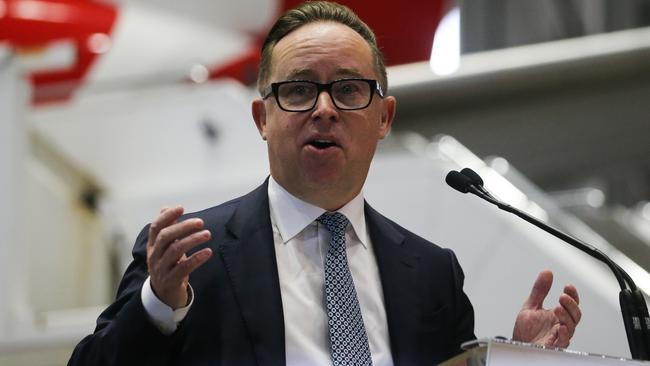
But now, as the Yes camp unleashes its torrents of corporate dollars, yesterday’s filthy lucre has, it seems, been washed of all sin. “Pecunia non olet” – money doesn’t smell – said the Romans; and, in one of those curious reversals that marks our age, no one could agree more heartily, at least in this instance, than the usually censorious left.
Whether investors share that view is another matter. After all, company directors rarely stand for election on the basis of their political preferences: what they proffer is their commercial acumen, not their convictions about social justice.
It is therefore hardly unreasonable to suggest that if directors want to devote shareholders’ money to political campaigns, they should have to make those preferences clear when they seek office, rather than imposing them once they bask in its privileges.
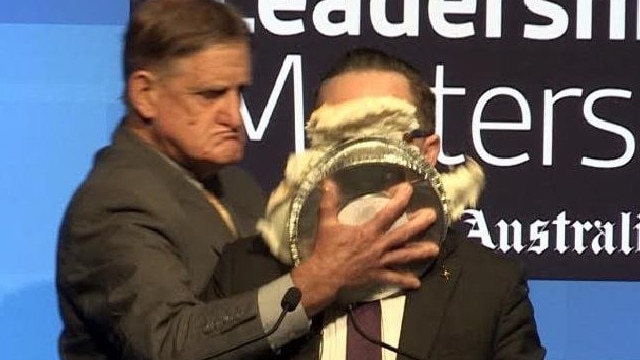
There are, for sure, business leaders who believe they are just doing the right thing. Those claims would be easier to accept were they donating their own money, instead of gifting other people’s. But far more is at stake than corporate leaders’ sincerity.
It is, in effect, the defining feature of liberal societies that they distinguish spheres of activity that in earlier times, and in other forms of government, were fused together.
Under feudalism, said Max Weber, to own was to rule and to rule was to own: feudal lordship conferred the right to govern one’s serfs, as well as to direct their labour. In contrast, capitalism – and even more so liberal democracy – drew a line between property and polity, the realm and the estate.
That process of “disembedding” vested in the political process the decisions that could only be authorised by the political community as a whole; at the same time, it vested in the ownership of property responsibility for the productive use, within the limits set by law, of economic resources.
Nothing better epitomised liberalism’s separation of economics from politics than the emergence of the modern corporation, which Nicholas Murray Butler, Nobel Prize winner and president of Columbia University, famously described as “the greatest single discovery of modern times”, without which “even steam and electricity would be reduced to comparative impotence”.
Corporations were, of course, nothing new: many of corporate law’s crucial features – such as the principle of legal personality – were systematised by the canonists of the 12th and 13th centuries. And the first English statute to regulate “bodies corporate” dates back to 1461, when the term “corporation” was already in widespread use.
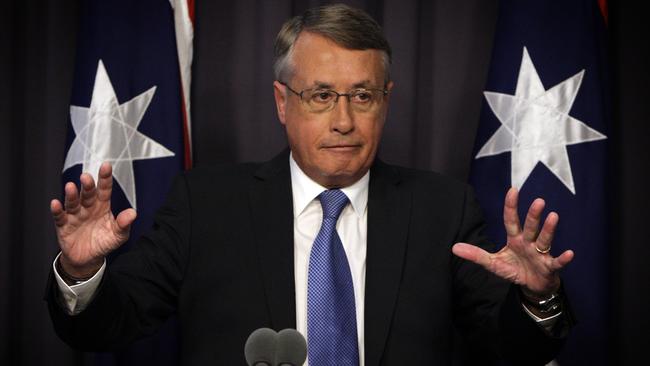
But until the 19th century, charters bestowing incorporation were issued at the discretion of the Crown or through specific parliamentary statutes – with discretion bringing rampant cronyism, and pandering for favours, in its wake.
It is therefore no accident that the great liberal reforms that made incorporation generally available on a non-discretionary basis – William Gladstone’s Joint Stock Companies Act of 1844 and Robert Lowe’s landmark legislation of 1856 and 1862 – aimed not just at stimulating economic growth but at curbing corruption and the abuse of public power.
Nor is it an accident that those reforms sought to limit corporations to the purposes set out in their founding documents, and notably to what eventually became known as the goal of maximising shareholder value.
Narrowly defined goals made it easier for investors to monitor companies’ performance, allowing ownership to be separated from day-to-day control – a change that promoted Lowe’s objective of democratising corporate ownership. But additionally and importantly, prohibiting activities that were “ultra vires” reduced the risk that corporate resources would be diverted to political ends.
So long as corporations remained strictly within their legally sanctioned purposes, the reformers argued, they would have no need to court the favour, or fear the ire, of politicians.
No doubt, the regulatory state’s relentless growth – with all the incentives it creates for rent-seeking – dinted that hope. It is, however, the recent elevation into dogma of the notion that corporations must earn a “social licence” that has dashed it completely, muddying the waters to the point where anything goes.
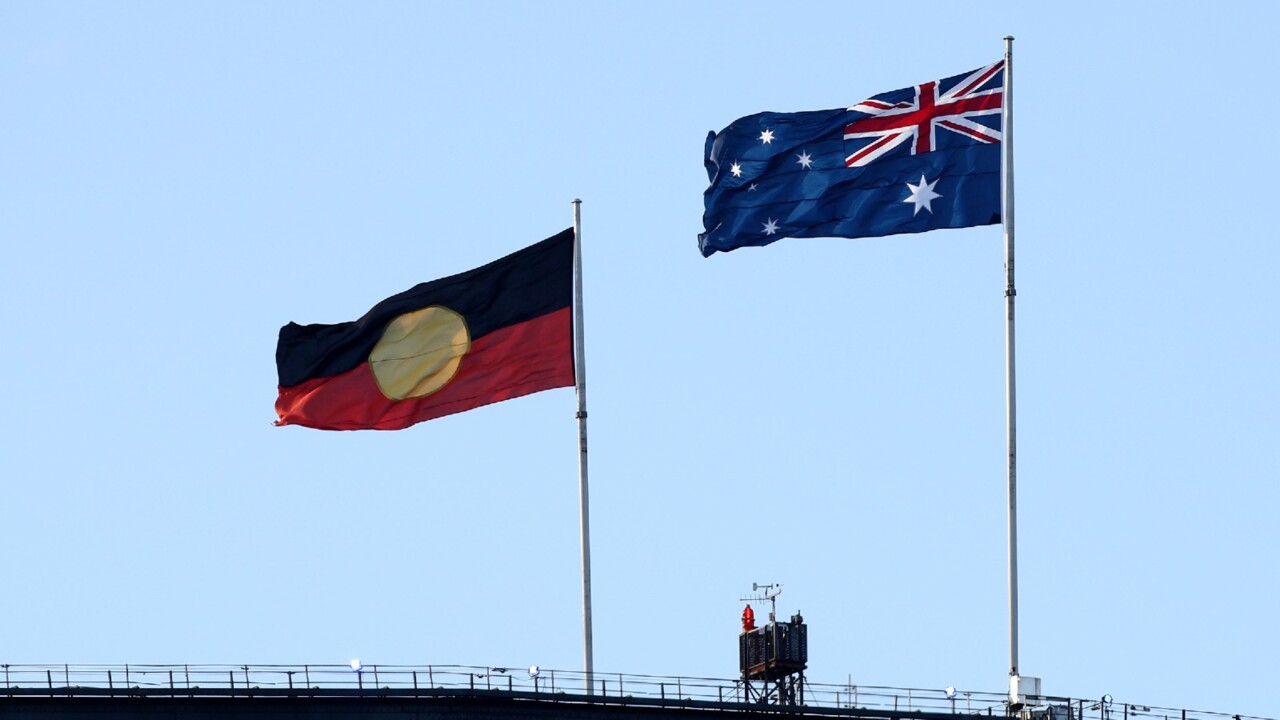
If Australia’s corporate leaders have flocked to the opportunities that creates, it is partly out of self-interest: lavishly support the right causes and governments may nobble your competitors in return, as Qantas’ dispensing and securing of favours so starkly proved.
But Adam Smith, who certainly knew about rent-seeking, thought the motives underpinning corporate fawning were far worse than that. “What the ambitious man really pursues,” he wrote, is “not ease or pleasure” but to be honoured and flattered by the best people; that is, those who “count”. Like the puppy that “fawns upon its dam”, the parvenu “endeavours by every servile attention to obtain good will”.
Give the parvenus half a chance, Smith said, and their unquenchable self-love will trounce even self-interest, with the self-love coming wrapped in an aura of self-righteousness. In turn, that ardent desire to be adored, which is “the great and most universal cause of the corruption of our moral sentiments”, leads them to parrot the conventional wisdom of the day – and makes it impossible “to reason and dispute with them”.
It is not just shareholders and consumers who suffer when that process undermines liberalism’s hard won distinction between politics and business. As Weber’s great disciple, Talcott Parsons, argued in The System of Modern Societies (1971), the depoliticisation of business meant people with widely different political orientations could readily work together, learning through their interactions to respect one another.
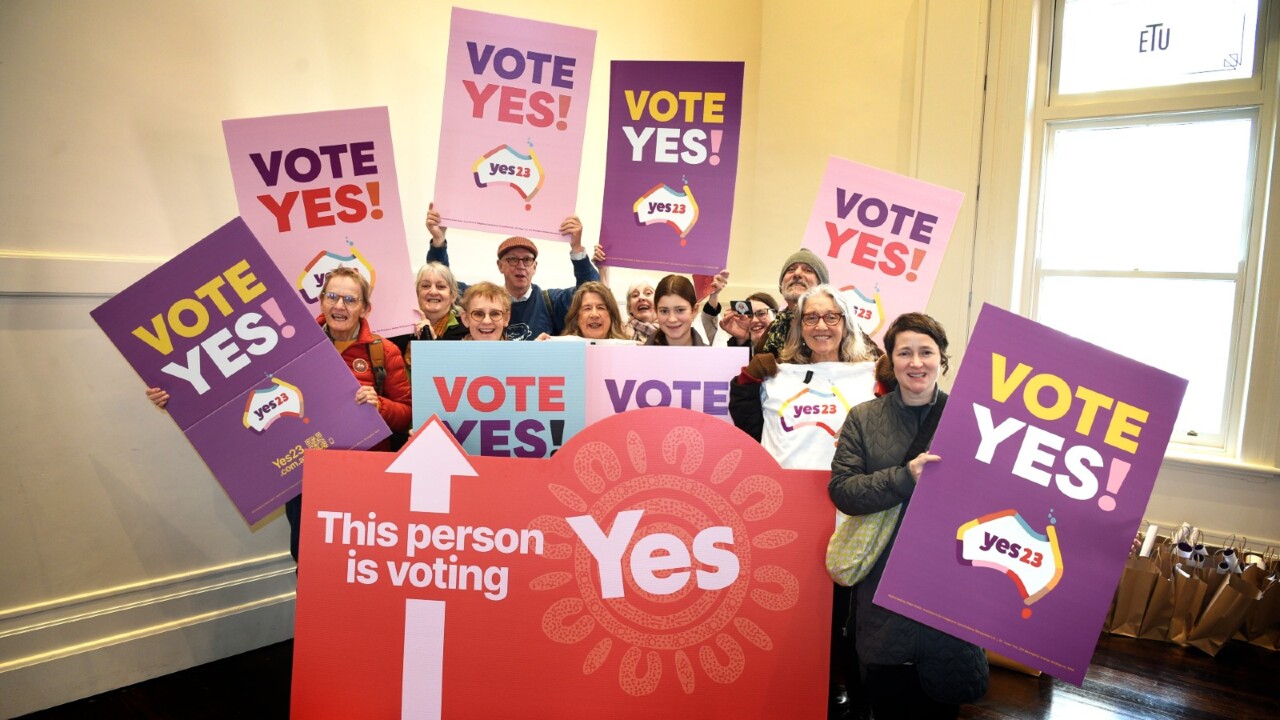
In that way, the separation of spheres, with its confining of politics’ angry passions to the sphere of collective decision-making, fostered what Parsons called the sense of “common belongingness”: of being if not friends, neighbours, with the obligations that imposes of mutual toleration. Neighbourliness does not imply any deep attachment; but as Parsons stressed, it buttresses that fragile virtue of respectful coexistence without which polities cannot survive.
That is why liberalism tries to keep politics in its place: not because it doesn’t matter, but because it matters so intensely to so many that it poses a constant threat to civility, with which the tumultuousness of democracy has always struggled to walk hand in hand. A society in which politics is omnipresent can only be one riven by tribalism and perpetually at war with itself.
Good fences do make good neighbours; tear them down and – as the blowback against Qantas shows – new furies storm in. With Australia’s largest corporations rushing headfirst on to the political barricades, those furies will haunt us for years to come.








Barely a decade ago, Wayne Swan, seething in a rage worthy of the Greek furies, denounced “highly misleading campaigns” funded by “industry deep pockets in an attempt to influence public opinion”. Unless “this poison” was excised, he argued, “the voices of the majority (would be) drowned out by a well-funded handful”.